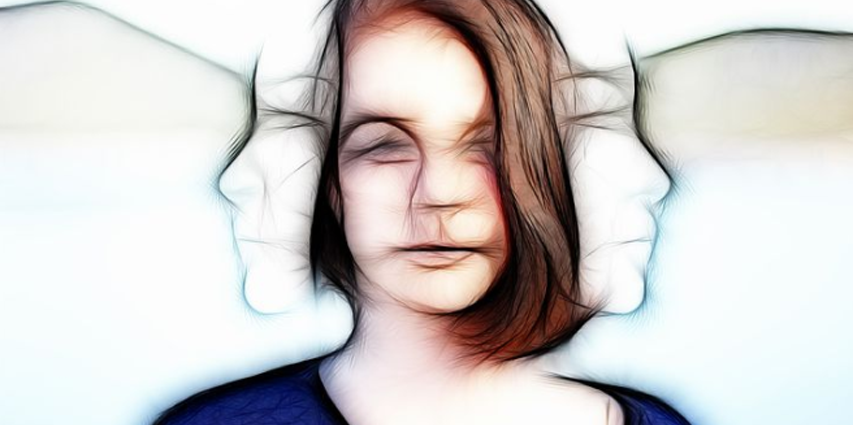|
|
Talking fast and furiously, spending money carelessly, thinking one has great abilities or supernatural talents, and having mood swings between extreme highs and lows are all sure signs of a bipolar mood disorder. A different form of depression.
While this report is not a diagnosis, it may be helpful in being able to identify a person who might be suffering with a bipolar disorder because of its complicated nature and subtle variations. Additionally, bipolar disorder is often coupled with other disorders that show symptoms that resemble each other.
Is it Bipolar or ADHD?
Bipolar disorder often begins early in life when children are concurrently experiencing rapid physiological changes which sometimes mask a variety of other conditions. For example, attention deficit hyperactivity disorder (ADHD), and conduct disorder usually involving habitual lying and defiance. Trying to distinguish ADHD from a bipolar disorder can be difficult, but children with bipolar disorder exhibit larger amounts of rage and irritability than those with ADHD.
From Euphoria to the Dumps
People with a bipolar disorder always experience repeated cycles of unusually euphoric waves of feelings referred to as mania. People in a manic cycle may seem very happy and cheerful, almost normal. However, those familiar with them know the happy mood is too good to be true and will be over soon, as it slides into depression.
Wild Ride
People experiencng a manic phase are often very creative, have vast amounts of energy and enthusiasm, and require very little sleep. As the manic episodes grow, the person begins to lose control and sound judgement disappears. This can result in poor decisions, wild escapades and risk-taking, often coupled with drug and alcohol abuse. The always accompanying cycle of mild to severe depression follows.
These cycles of highs and lows can occur within the same day, or extend into multiple days of manic excesses, falling into days of deep and often debilitating depression. People going through untreated bipolar cycles can feel out of control and helpless, often harboring suicidal thoughts – more so than any other form of depression.
Warning:
If there is the slightest hint of suicidal tendencies get to a hospital emergency room as fast as poossible, or call 911 for immediate help.
It is very important to be able to recognize the signs of bipolar disorder so the individual can seek professional assistance from a psychiatrist or psychologist and receive the proper treatment.
Reason to Treat Early
In addition, it is not unusual for children and adolescents to be prescribed stimulants based on an observation of depression, only to have the stimulant trigger an even greater cycle of dangerously out-of-control manic events. It is important to treat children and young people to avoid poor outcomes later in their lives.
References: Depression for Dummies. Laura Smith, PhD, and Charles H. Elliott, PhD, 2003 ISBN 978-0-7645-3900-8
This report is not a diagnosis. We hope this information can guide you toward improving your life.
Review our Knowledge Base or the links displayed on this page for similar and related topics.

